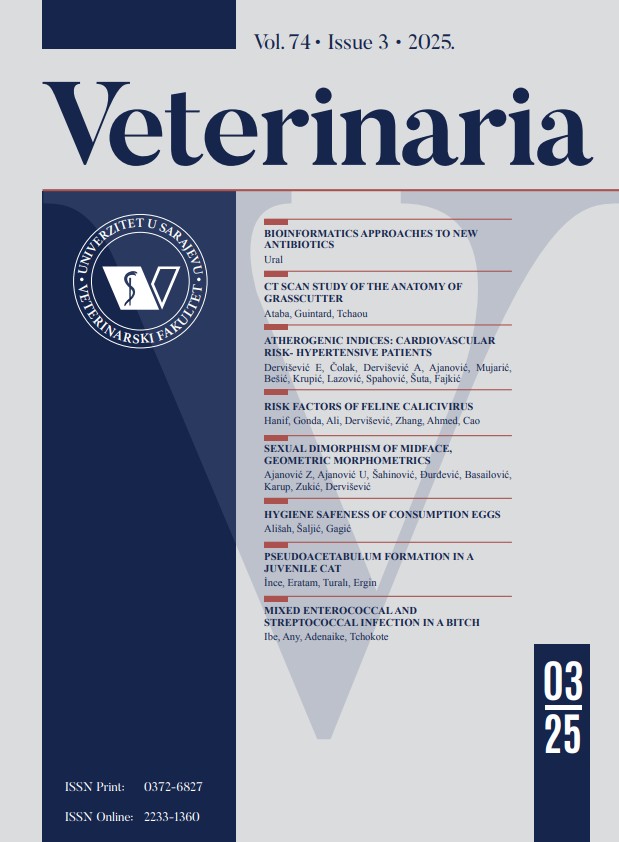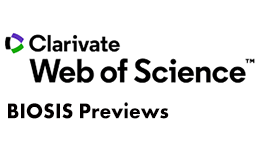Evaluation of hematobiochemical and oxidative stress parameters in natural bovine Trypanosoma brucei infection
DOI:
https://doi.org/10.51607/22331360.2024.73.2.138Keywords:
Cattle, hematology, oxidative stress biomarkers, serum biochemistry, Trypanosoma bruceiAbstract
This study aimed to evaluate the hematobiochemical and oxidative stress levels and some antioxidant enzyme activities in cattle naturally infected with T. brucei compared to the healthy controls. Blood and fecal samples were obtained from 120 cattle from selected farms and grouped based on infection status, Group 1 (n=32, T. brucei and helminthosis co-infection), Group 2 (n=41, T. brucei only), Group 3 (n=20, helminthosis only), and Group 4 (n=27, healthy control) to assess the association between the disease conditions and co-infection. Among the animals examined, 20 test samples and 6 healthy controls were selected from Group 2 and Group 4, respectively. Groups 1 and 3, as well as animals with a history of infection, inflammation, stress, and serum samples showing hemolysis, were excluded from the study. Hematological indices, serum biochemistry, oxidative stress biomarkers (MDA, SOD, CAT, GSH), and trace elements (Zn, Cu, Fe) were analyzed using standard assays. Infected cattle showed significant decreases (p<0.05) in PCV, Hb, RBCs, TLC, and platelets compared to controls, along with a significant increase (p<0.05) in eosinophils. Lymphocytes and
monocytes also significantly decrease (p<0.05), while MCV, MCH and neutrophils significantly increase (p<0.05). Total protein, albumin, globulin, potassium and phosphorus decreased significantly (p<0.05). AST, ALT, ALP, GGT and creatinine also decreased significantly (p<0.05). MDA increased significantly (p<0.05), while SOD and GSH decreased significantly (p<0.05), indicating elevated oxidative stress. Zn also decreased significantly (p<0.05) in infected cattle. T. brucei infection caused significant hematological and biochemical alterations, disrupted antioxidant status, and decreased Zn, reflective of pathogenic effects. This study demonstrates T. brucei induces oxidative stress exceeding the antioxidant capacity, contributing to disease.

Downloads
Published
How to Cite
Issue
Section
License
Copyright (c) 2024 Olamilekan Gabriel Banwo; Daniel Olutola Popoola, Jonah Achem, Olalekan Taiwo Jeremiah (Author)

This work is licensed under a Creative Commons Attribution 4.0 International License.







